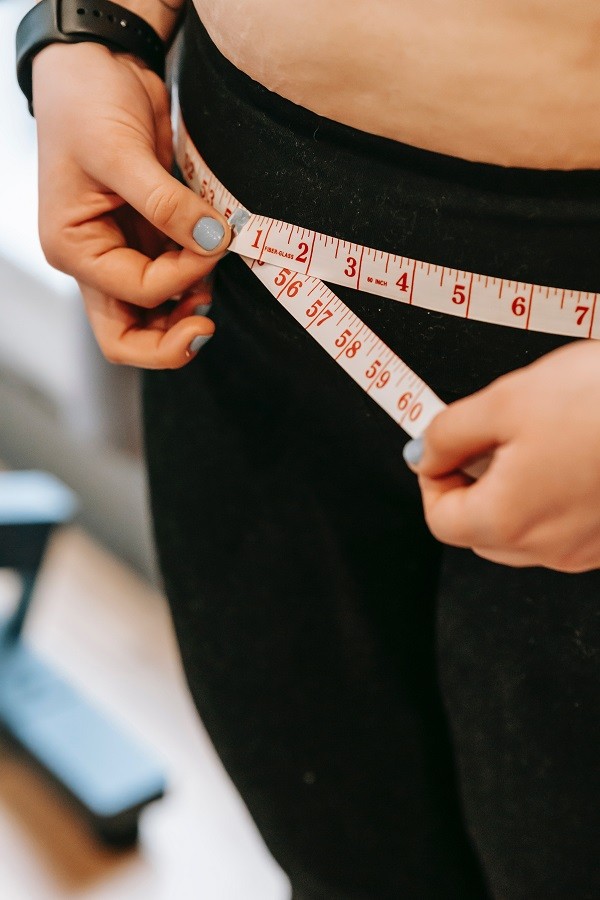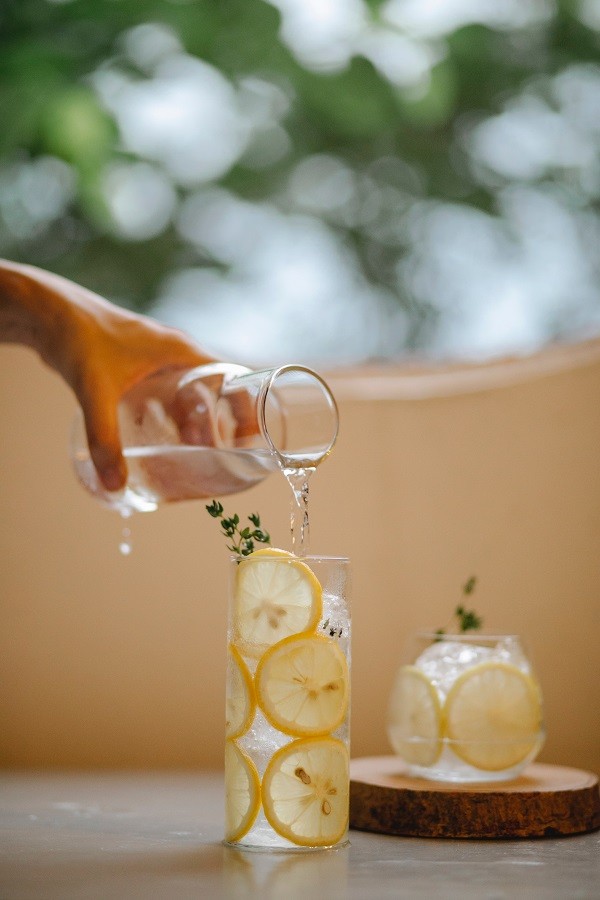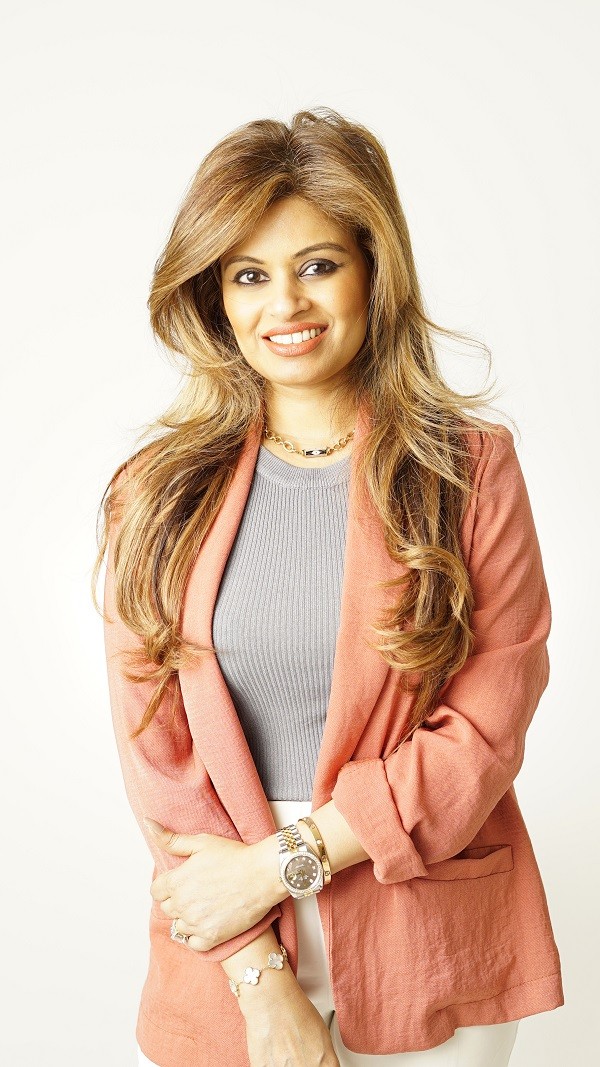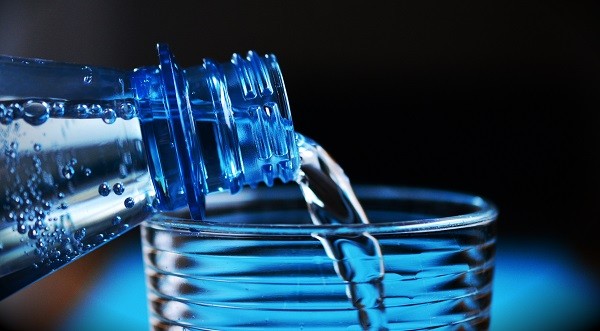By Hermoine Macura-Noble
Special to The Times Kuwait
Heat waves common during the scorching summer in the Arabian Peninsula as well as uncharacteristically high summer temperatures across Europe and elsewhere, have led to governments and health authorities issuing health emergency alerts, and reminding people to remain mindful of the dangers posed to the body by high heat.
Extreme temperatures can impact anyone and affect their health in several ways, including causing dizziness, headaches, and thirst. Sometimes people do not realize they have been affected by heat until they are hospitalized.

The more severe version of heat related indisposition is heatstroke, which is considered a medical emergency and can lead to long-term organ damage and death. Symptoms include rapid breathing, confusion or seizures, and nausea. Doctors say that obesity is a major contributing factor to heat strokes, as overweight or obese people are around three times more susceptible to fatalities from heat exhaustion. When heat stroke occurs, the body temperature can rise above 40 degrees celsius or higher within 15 minutes.
Depending upon the degree of illness, heatstroke presents its signs and symptoms in phases, from mild heat cramps to fainting. It is essential to take immediate action if you notice signs of heat-related illness, such as lowering your body temperature to prevent your condition from progressing to heatstroke.
In a lesser heat emergency, such as heat cramps or heat exhaustion, doctors advise people to take a cool shower or bath or get to a shady or air-conditioned place such as the mall, movie theater, or public library. If you are with someone experiencing heat-related symptoms, cool the person by covering them with damp sheets or spraying them with cool water. You can also direct cool air onto the person with a hand fan.

High heat also results in perspiration which causes the body to lose salt and water. Remember to drink plenty of water, or water infused with electrolytes to replenish the lost salts and water. If your doctor has restricted your fluid or salt intake, check with the physician to find out how much you should drink and whether you should replace salt.
Clinical Dietitian and Founder of UAE based Simply Healthy Foods, Mitun De Sarkar, also encourages GCC residents to get creative and even “eat” their daily water intake to stay hydrated.
“Eating fruits and vegetables in their raw form is one of the best ways to eat your water. Creating interesting recipes of salads with lettuce, spinach, and raspberries or creating one with melons, tomatoes, and a sprinkle of feta cheese, or a cucumber celery salad with hummus dip are all good options. Eating these fruits and vegetables in a salad form or making ice lollies with fresh fruits, juices or sorbets are creative ways to add more hydration to your body.”

De Sarkar adds that smoothies, cold-pressed juices, coconut water, and cold soups such as gazpacho, kefir, and laban are also great options to consider. “Avoid sugary beverages and artificial sweeteners and replace them with infused waters. Avoid excessively greasy and spicy foods and difficult-to-digest meats, including processed meats. Also, spicy and oily preparations take longer to digest and draw more water from the body to process them. They can also cause heartburn and overall discomfort,” concludes De Sarkar.
Experts say that just under half a million people die every year due to excess heat, and apparently, more deaths occur earlier in the summer, when people’s bodies have not had a chance to acclimatize. Location also matters; people are at higher risk of sudden heat waves in places where they are not used to such heat, such as in parts of Europe.
Young babies, older people, and those suffering from diabetes, or chronic respiratory and cardiovascular diseases, as well as those who work outdoors are among those who are most vulnerable to heat related illnesses. Staying safe during soaring temperatures is easy — keep cool by avoiding undue exertion, staying indoors and remaining hydrated.
 Hermoine Macura-Noble
Hermoine Macura-Noble
The first Australian English speaking News Anchor in the Middle East. She is also the Author of Faces of the Middle East and Founder of US-based 501c3 charity – The House of Rest which helps to ease the suffering of victims of war. For more from our Contributing Editor, you can follow her on Instagram, here.

















